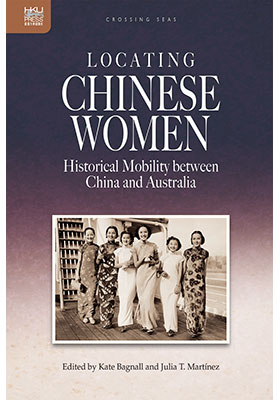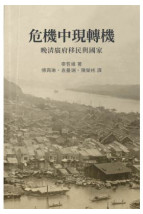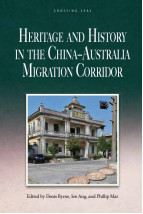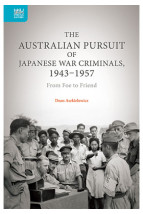Locating Chinese Women
Historical Mobility between China and Australia
(華人女性的定位:在中國與澳大利亞間的歷史驛動)
ISBN : 978-988-8528-61-5
March 2021
288 pages, 6″ x 9″, 36 b&w illus., 2 maps and 9 tables
- HK$560.00
Ebooks
This ground-breaking edited collection draws together Australian historical scholarship on Chinese women, their gendered migrations, and their mobile lives between China and Australia. It considers different aspects of women’s lives, both as individuals and as the wives and daughters of immigrant men. While the number of Chinese women in Australia before 1950 was relatively small, their presence was significant and often subject to public scrutiny.
Moving beyond traditional representations of women as hidden and silent, this book demonstrates that Chinese Australian women in the twentieth century expressed themselves in the public eye, whether through writings, in photographs, or in political and cultural life. Their remarkable stories are often inspiring and sometimes tragic and serve to demonstrate the complexities of navigating female lives in the face of racial politics and imposed categories of gender, culture, and class.
Historians of transnational Chinese migration have come to recognize Australia as a crucial site within the ‘Cantonese Pacific’, and this collection provides a new layer of gendered comparison, connecting women’s experiences in Australia with those in Canada, the United States, and New Zealand.
‘Locating Chinese Women is a path-breaking book. By exploring the experiences of Chinese Australian women during the nineteenth and early twentieth centuries, the authors have opened new and compelling avenues of inquiry about the history of Chinese Australian women. In this landmark work, they have brilliantly recast the history of Chinese Australia.’ —Joy Damousi, Australian Catholic University
‘Locating Chinese Women breaks new ground in Australian and transnational Chinese women’s history by making the lives of remarkable Chinese Australian women visible. Photographs, testimonies, Chinese-language newspapers, and digitized archives help document the women’s agency and activities as they navigate public lives between and within Australia and China during the nineteenth and early twentieth centuries.’ —Shirley Hune, University of California, Los Angeles, and University of Washington







